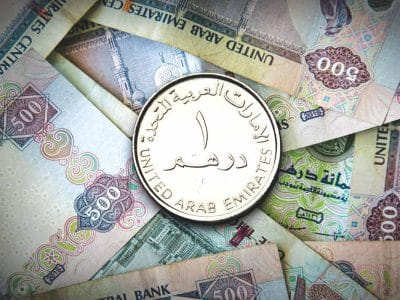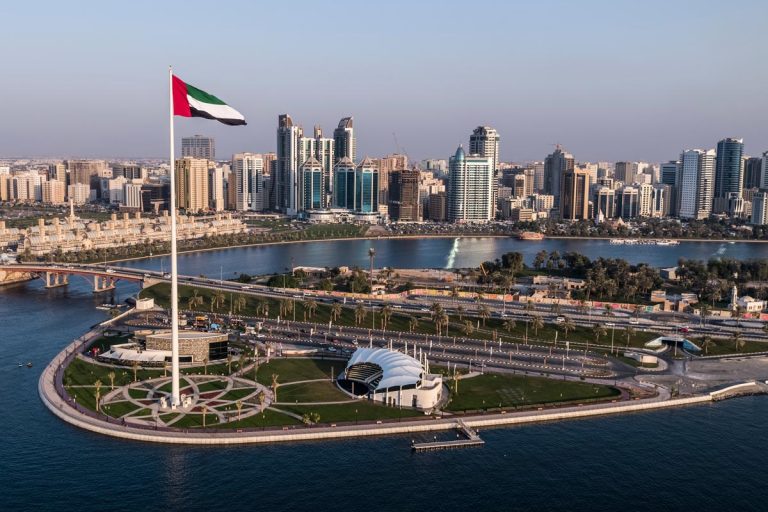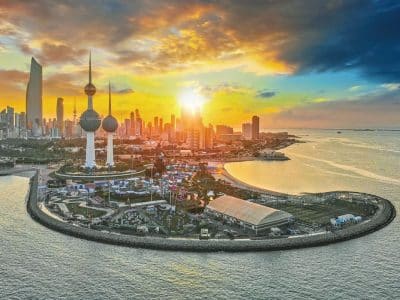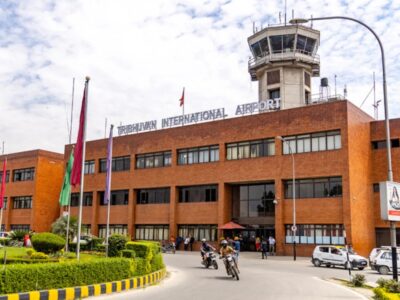Sharjah’s gross domestic product (GDP) expanded by 4.8 percent year-on-year in 2021 to approximately $35.3 billion (AED 130.5 billion), climbing from $33.92 billion in GDP earnings in 2020, according to official data released by the emirate’s Department of Statistics and Community Development (DSCD).
The emirate’s economy, particularly in the non-oil sectors, accelerated reinforcing its growing status as a regional hub for business, trade, and investments.
The chairman of DSCD, Sheikh Mohammed bin Humaid Al Qasimi, said: “The exceptional growth Sharjah witnessed in 2021 clearly indicates the success of the emirate’s strategies for sustainable growth and development. These are based on diversity of market sectors and incomes, balanced growth, and the strategic distribution of development capital.”
“Sharjah’s economy has proved its agility in adapting to far-reaching local and global changes. The numbers highlight the success of the emirate’s integrative strategies guiding both developmental and economic entities in public and private sectors.”
He added: “As Sharjah continues its developmental journey, DSCD reaffirms its commitment to offering stakeholders a robust source of accurate data and information, which reflects current and future socioeconomic realities.”

The 2021 GDP growth findings are based on a detailed economic study led by DSCD, which featured a thorough review of Sharjah’s macroeconomic data from 2020 and preliminary estimates for the year 2021.
The study includes all economic activities in line with the International Standard Classification of Economic Activities (ISIC.4) and is based on a survey of both independent bodies and the government sector.
Data shows that the emirate’s trading sector was the most significant contributor to GDP at 23.8 percent, the state-run news agency, Wam, reported.
Transformative industries stood at 17 percent, construction at 9.3 percent, and real estate at 9 percent, while the government sector contributed to 7.3 percent in 2021.
As for growth rates of specific economic sectors in 2021 compared to 2020, the study reveals wholesale and retail trade as leading the charts at 10 percent.
Transport and storage sectors registered a 9.5 percent growth, followed by accommodation and hospitality, and food services at 9.1 percent. Extractive industries grew by 9 percent and health and social services by 7.6 percent.
Sector-specific contributions include production at AED 240 billion in 2021, compared to AED 228.8 billion in 2020.
Workers’ compensation increased to AED 38.8 billion in 2021, compared to AED 36.9 billion in the previous year; and the total value of capital expenditures rose to AED 33.8 billion in 2021, compared to AED 31.3 billion in 2020.
The data testifies to Sharjah’s resilience in adapting to the fast-changing economic landscape of the post-pandemic era, with indicators of future growth remaining positive for a multitude of sectors owing to the emirate’s agile economic diversification policies and practices.








